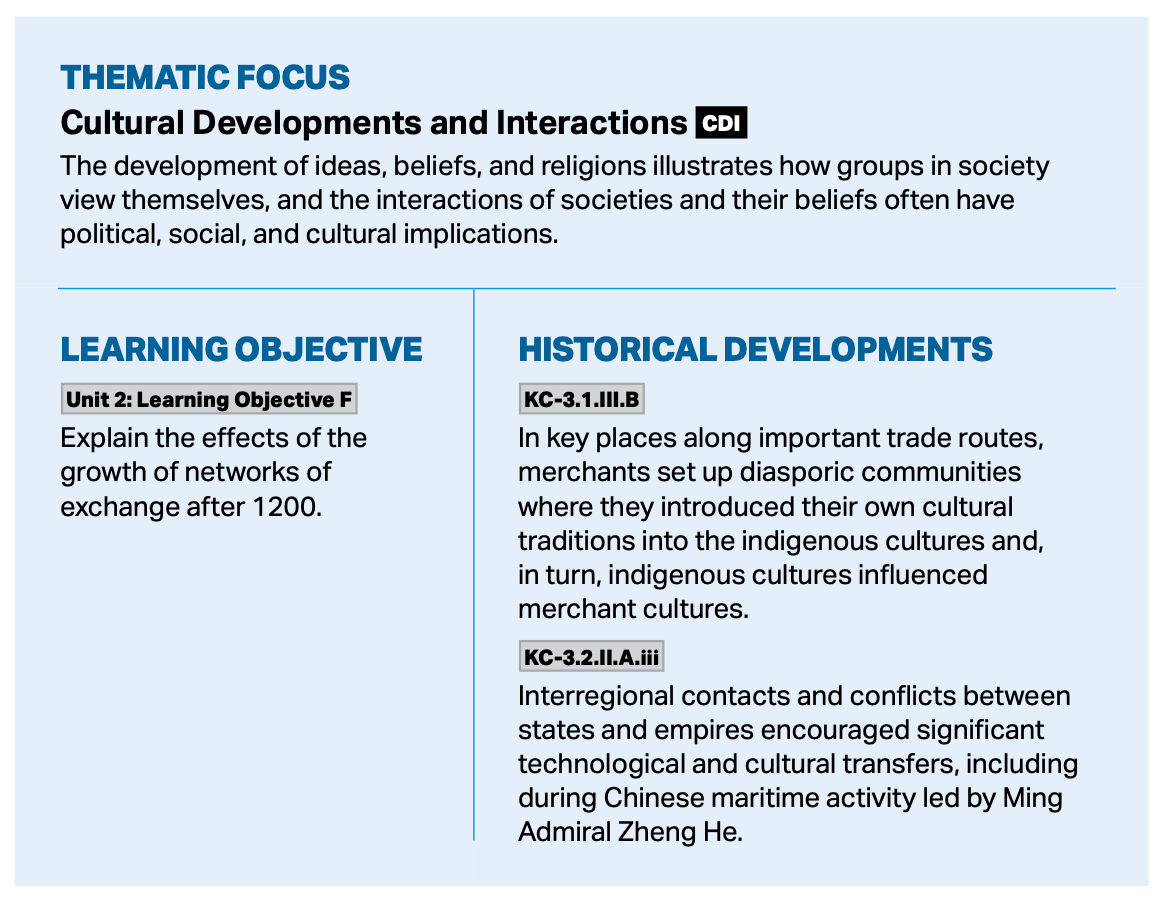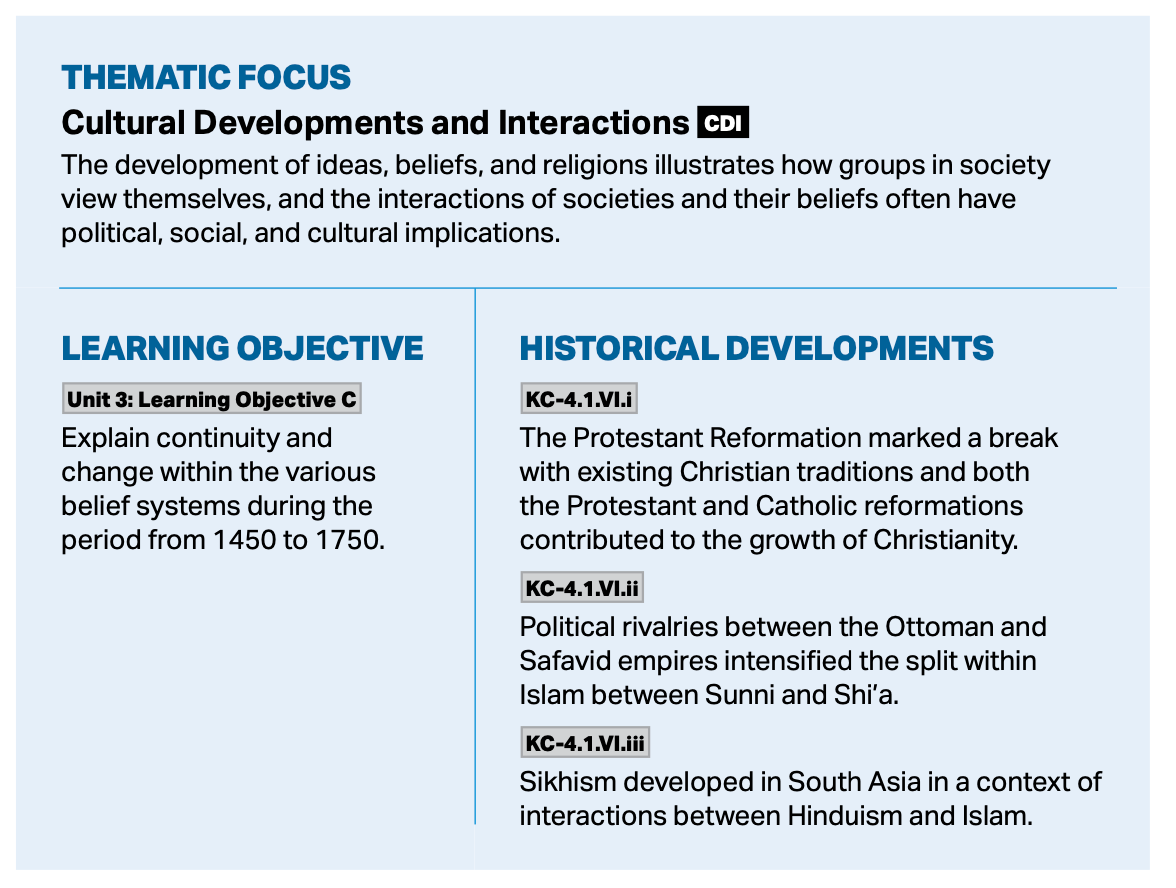“Entered Malabar and Built Mosques”: The Spread of Islam in Southern India
A discussion of how to teach about the spread of Islam in the Indian Ocean




The Source
All universal religions in world history spread from their places of origin to other locations around the world. As these religions spread, new adherents adapted new beliefs and practices to the existing beliefs and practices in their local contexts. This process of spread and adaption is especially prominent with Islam in the Indian Ocean world after 1000.
During the sixteenth century, Zayn al-Din al-Malibari (1532–c.1585), a Muslim from the Malabar Coast of southern India, wrote the Tuḥfat al-Mujāhidīn (Gift of the Strugglers) to inspire Malabari Muslims and local rulers to resist the Portuguese in the Indian Ocean. A part of this text includes a brief history of Muslims in Malabar and their peaceful relations with the local Hindu population. Al-Malabari’s Gift is an excellent source for helping students understand the spread of Islam to southern India, the role of merchants in this process, the creation of diaspora communities around the Indian Ocean, and the interaction between different cultures and societies.
This Content is for Subscribers on the Buy Me Lunch and Buy Me Dinner tiers
SubscribeAlready have an account? Log in



